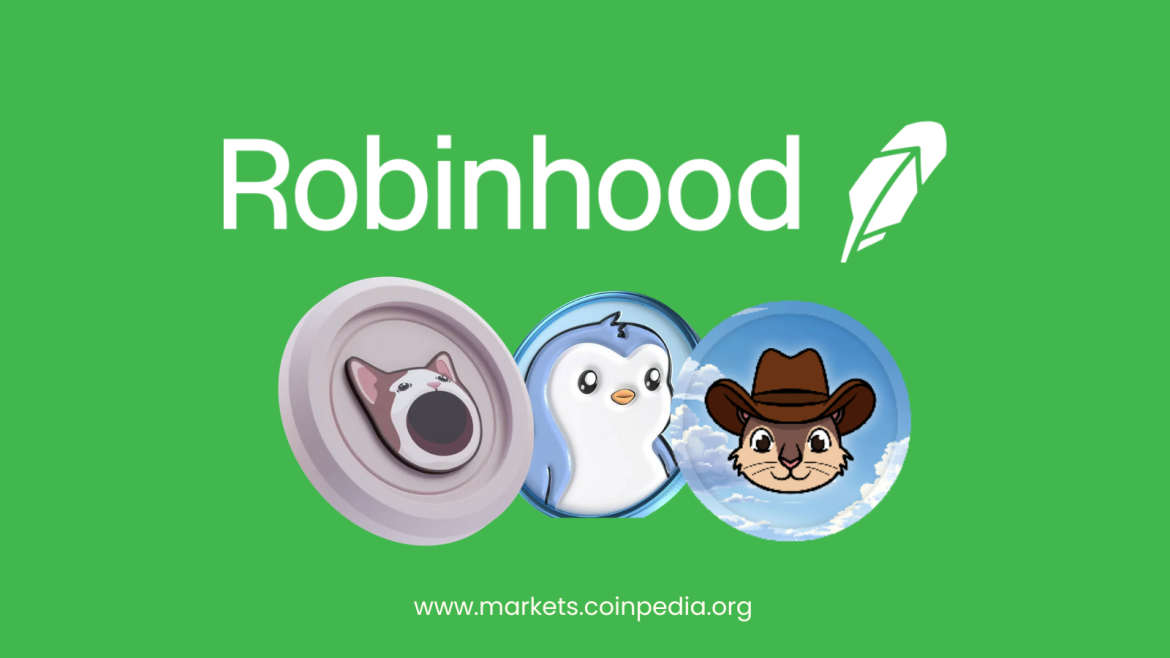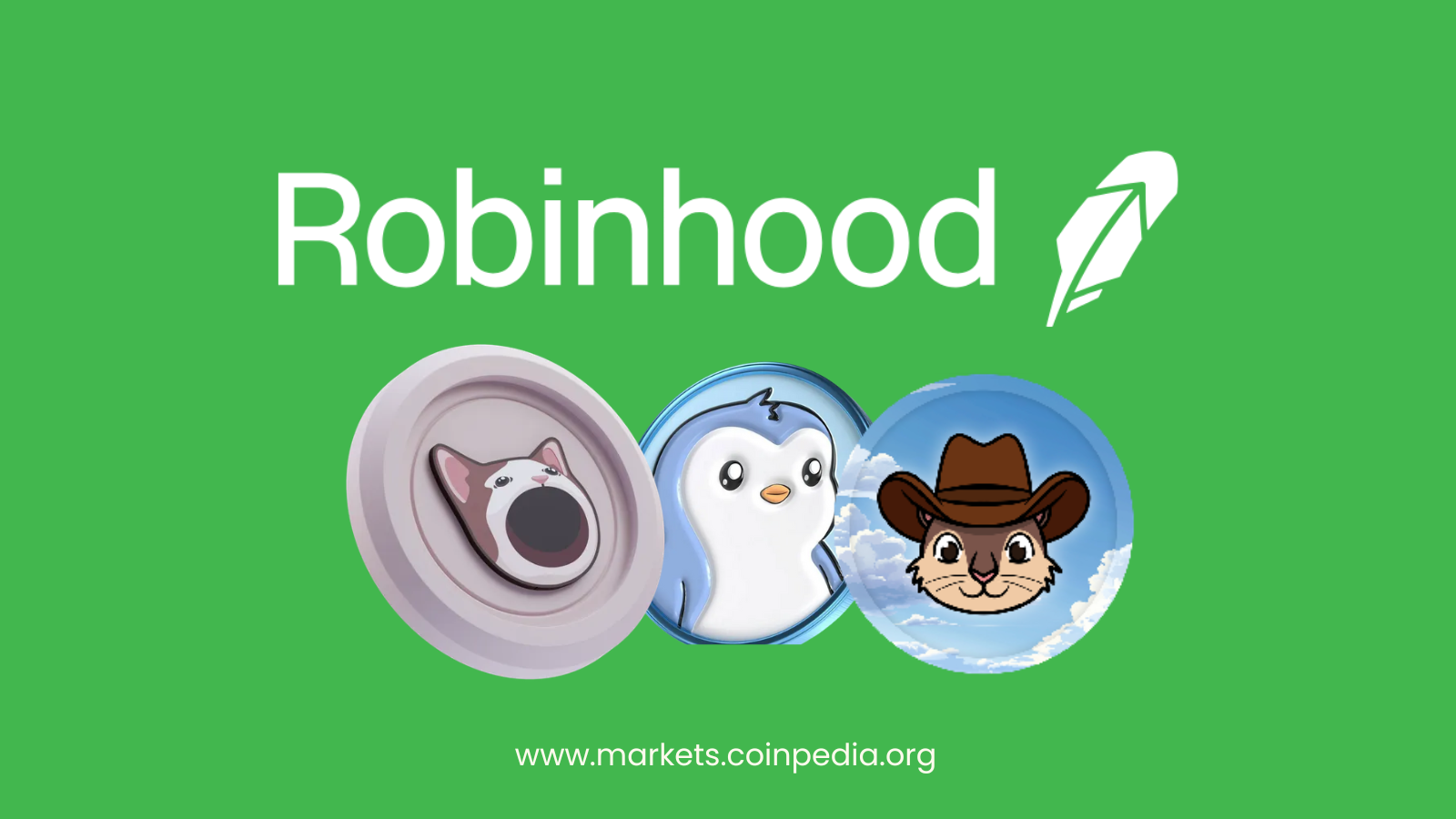The Robinhood Dilemma: Why Your XRP Might Be Safer Elsewhere
Robinhood has revolutionized investing by making it accessible to the masses. Its commission-free trading and user-friendly interface have attracted a new generation of investors, particularly those interested in cryptocurrencies like XRP. However, the convenience of Robinhood comes with significant risks, especially regarding ownership and control of your crypto assets. While the platform offers an easy entry point, understanding these risks is crucial for any serious XRP investor.
The Illusion of Ownership: Understanding Custodial Wallets
Not Your Keys, Not Your Coins
When you buy XRP on Robinhood, you don’t actually own the cryptocurrency in the traditional sense. Instead, Robinhood holds the XRP on your behalf in a custodial wallet. This means you don’t possess the private keys associated with those XRP tokens. Private keys are cryptographic codes that grant you complete control over your digital assets. Without them, you’re essentially entrusting Robinhood with the ownership of your XRP.
What Robinhood Really Offers: IOUs
In essence, what you own on Robinhood is an “IOU” for XRP. You have the right to buy and sell XRP within the platform, but you can’t directly withdraw it to another wallet, use it to participate in the XRP Ledger, or truly control its movement. This lack of control is a significant drawback for those who believe in the fundamental principles of cryptocurrency, such as decentralization and self-sovereignty.
The Centralized Risk: Dependence on a Third Party
Holding your XRP on Robinhood places you at the mercy of the platform’s policies, security measures, and overall financial health. If Robinhood were to face financial difficulties or experience a security breach, your XRP holdings could be at risk. While Robinhood has stated they do not lend out or leverage crypto assets, the risk of centralized control remains a valid concern. Furthermore, Robinhood could potentially restrict trading or withdrawals under certain circumstances, leaving you unable to access your XRP when you need it most.
The Road to True Ownership: Exploring Alternative Options
Dedicated Crypto Exchanges: A Step Closer to Control
Moving your XRP to a dedicated cryptocurrency exchange like Coinbase or Kraken provides a slightly greater degree of control compared to Robinhood. While these exchanges also use custodial wallets by default, they typically offer more options for withdrawing your XRP to your own private wallet. They also tend to have more robust security measures and insurance policies in place to protect against theft or loss.
Hardware Wallets: The Gold Standard of Security
For serious XRP investors, a hardware wallet is the most secure option for storing their digital assets. Hardware wallets, such as Ledger or Trezor, are physical devices that store your private keys offline, making them virtually immune to hacking and malware. When you want to transact with your XRP, you connect your hardware wallet to your computer or smartphone, authorize the transaction, and then disconnect the wallet. This process ensures that your private keys never leave the secure confines of the hardware wallet.
Software Wallets: A Convenient Compromise
Software wallets, also known as hot wallets, are applications that you install on your computer or smartphone. While not as secure as hardware wallets, they offer a convenient way to manage your XRP and retain control of your private keys. Popular software wallets for XRP include Xumm and Trust Wallet. It’s crucial to secure your computer or smartphone with a strong password and enable two-factor authentication to protect your software wallet from unauthorized access.
The XRP Ecosystem: Beyond Trading on Robinhood
Participating in the XRP Ledger: The Benefits of Direct Ownership
Owning your XRP in a private wallet opens up opportunities to participate in the XRP Ledger, the decentralized network that powers XRP transactions. You can use your XRP to pay for goods and services, send payments to friends and family, or even earn rewards by participating in the XRP Ledger’s consensus mechanism (if and when such features become available to the general public).
Supporting Decentralization: Contributing to the Crypto Community
By taking control of your XRP, you’re contributing to the decentralization of the cryptocurrency ecosystem. Decentralization is a core principle of cryptocurrencies, and it relies on individuals taking responsibility for their own assets and participating in the network. Holding your XRP on Robinhood concentrates power in the hands of a centralized entity, which goes against the spirit of decentralization.
The Future of XRP: Expanding Use Cases and Opportunities
Ripple, the company behind XRP, is actively working to expand the use cases and opportunities for XRP. Ripple’s Chief Technology Officer (CTO) David Schwartz has noted the potential of stablecoins within the Ripple ecosystem, suggesting a future where XRP could play a vital role in facilitating stablecoin transactions. As the XRP ecosystem evolves, direct ownership of XRP will become increasingly important for accessing new features and participating in the network’s growth.
Robinhood’s Role: Convenience vs. Control
Robinhood as an On-Ramp: A Useful Starting Point
Robinhood’s simplicity and accessibility make it a useful on-ramp for new cryptocurrency investors. It allows individuals to easily buy and sell XRP without having to navigate the complexities of dedicated crypto exchanges or hardware wallets. For those just starting out, Robinhood can provide a convenient way to learn about XRP and explore the world of cryptocurrencies.
Recognizing the Limitations: Knowing When to Move On
However, it’s crucial to recognize the limitations of holding XRP on Robinhood and to transition to a more secure and self-custodial solution as you become more comfortable with cryptocurrencies. Robinhood should be viewed as a temporary stepping stone, not a long-term storage solution for your XRP.
The Future of Robinhood and Crypto: Potential for Change
It’s possible that Robinhood may eventually offer more options for withdrawing and managing your XRP, such as integrating with hardware wallets or providing access to non-custodial wallets. As the cryptocurrency industry matures, platforms like Robinhood will likely need to adapt to meet the evolving needs of their users.
Conclusion: Taking Control of Your XRP Destiny
The decision of whether to hold XRP on Robinhood ultimately comes down to your individual risk tolerance, investment goals, and understanding of cryptocurrency principles. While Robinhood offers convenience and accessibility, it comes at the cost of control and ownership. For those who are serious about XRP and believe in the long-term potential of cryptocurrencies, taking control of their private keys and storing their XRP in a secure, self-custodial wallet is the only way to truly own their digital destiny. The peace of mind that comes with knowing you are in complete control of your assets is an invaluable benefit that outweighs the convenience of a centralized platform. Don’t just own XRP; *control* it.





